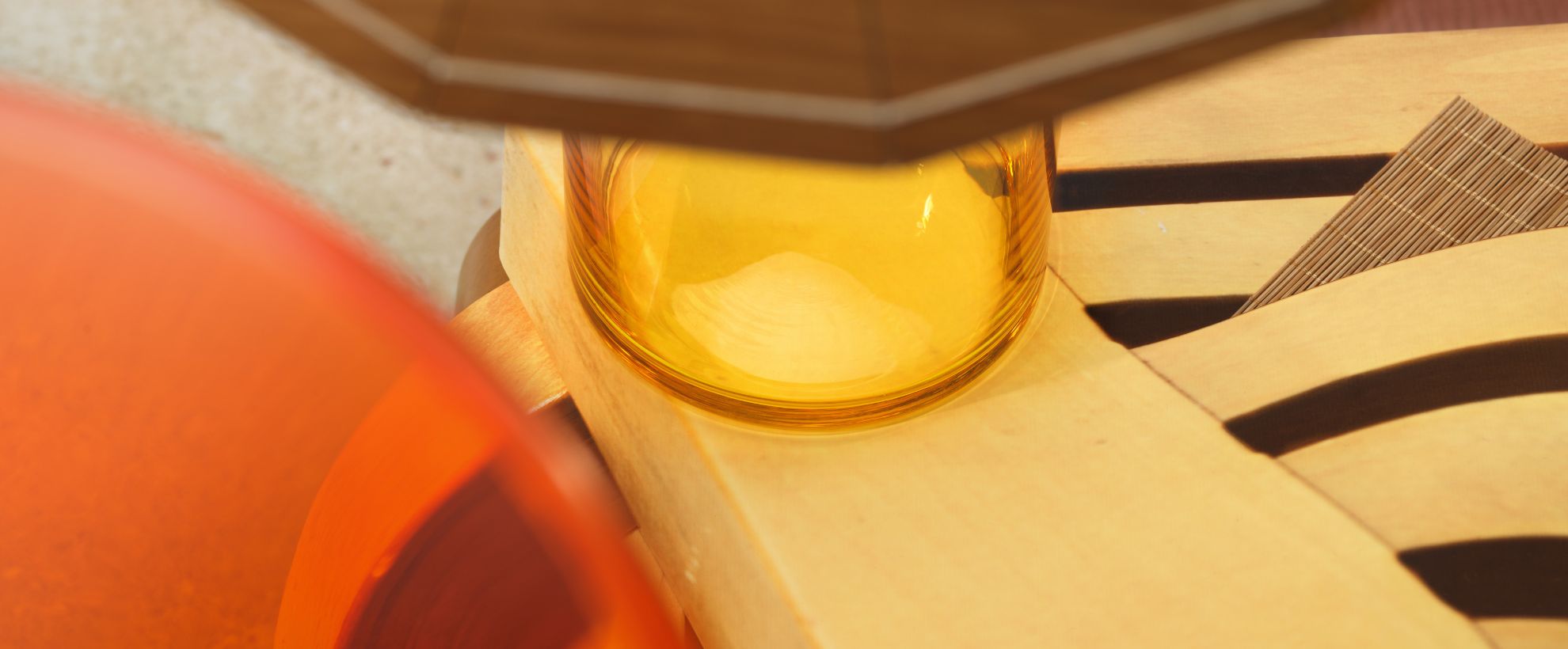
Theme of 2024
Layers
The theme Layers treasures the layered and lived-in feel of homes, spaces and objects. It reminds us of the cyclicity of design, the revival of styles, and how the old and the new exist side by side every moment.
Habitare 2024 theme to highlight the layered and lived-in feel of homes and spaces
A good atmosphere or feeling in a space often comes from the presence of layers. The layers and layering can be a combination of different styles, times, or a series of coincidences.
The theme of Layers is based on the idea of how homes and spaces are formed. The best moods are created from layers: different people, tastes, decades, styles and typologies.
The Habitare 2024 theme explores these layers. Through a dialogue between the various layers, we look for the ingredients and constituents of this moment called now. We seek all the things that we do not perceive but that still exist. We examine the way in which one generation does not replace the previous one, but how the past lives alongside the present; how individuality is formed by people’s own personal choices; and what happens when different layers are allowed to coexist.
Different narratives and layers create what is called the soul of a space
The theme of Layers is about enrichment and acceptance, encouraging people to find different styles and ways of life, and allowing coexistence.
“Comfortable homes and spaces emerge when time or people or different styles allow them to form layers. A good mood or feeling in a space often comes from the fact that there are various layers. Layers and layeredness can mean different styles or periods, or they can be the sum of coincidences”, says Creative Lead at Habitare, Päivi Helander.
Layeredness includes a lived-in quality, whether we are talking about a city, a city centre, homes or buildings. It also includes narratives about homes, spaces, objects, and the built environment that each person can reinterpret to make them their own.
“When old buildings are being renovated, you find paints, wallpapers, markings or traces of life from different decades. The marks beneath the surface tell us that not everything is always what we see with our eyes. Different states, narratives and layers create what is called the soul of a space: a feeling that everything in the space is right, even if things are messy”, says Helander.
Meaningful things require time to take shape
The theme of Layers also reminds us that it is a good idea to give life and interiors time to evolve gradually by combining different layers. Meaningful things rarely emerge in an instant – they require time to take shape.
“All the layers in a home give it a specific inherent mood. For example, a home with a layered character does not exclude styles or objects that are important or dear just because they are not trendy. This speaks of being human and of a lived life stored in us, spaces and objects. Layeredness opposes fast interior decoration fashion and spaces built up as images, and it allows for dents and stories”, says Päivi Helander.


